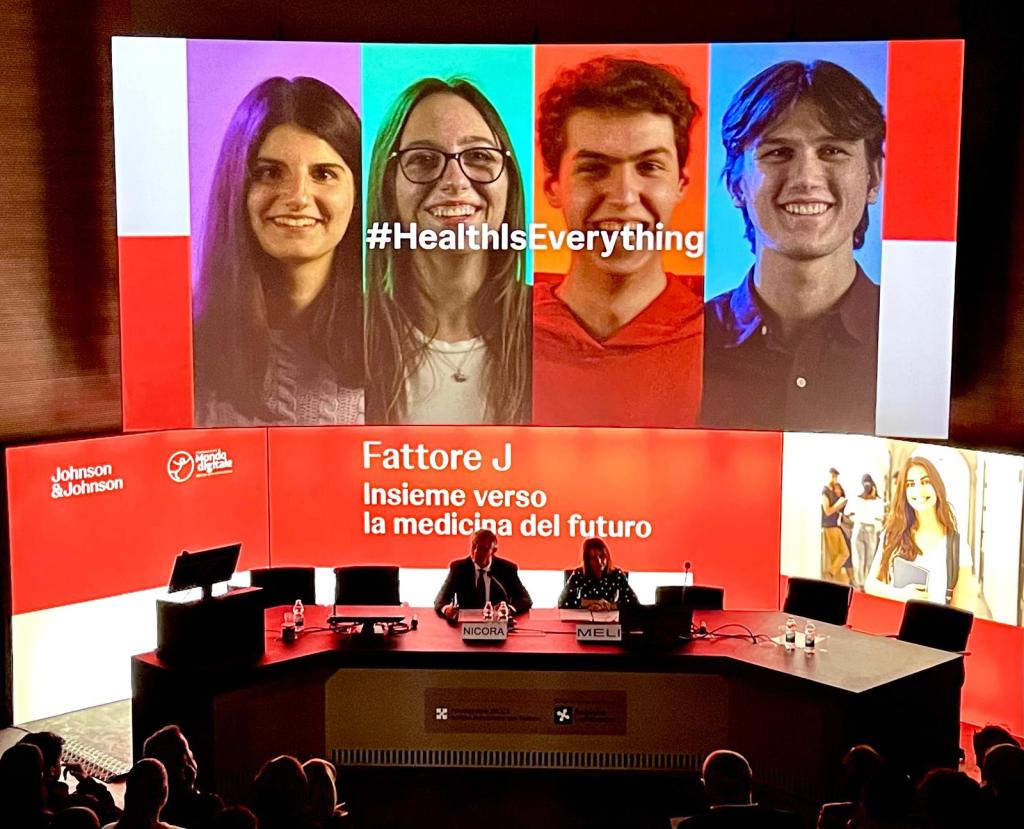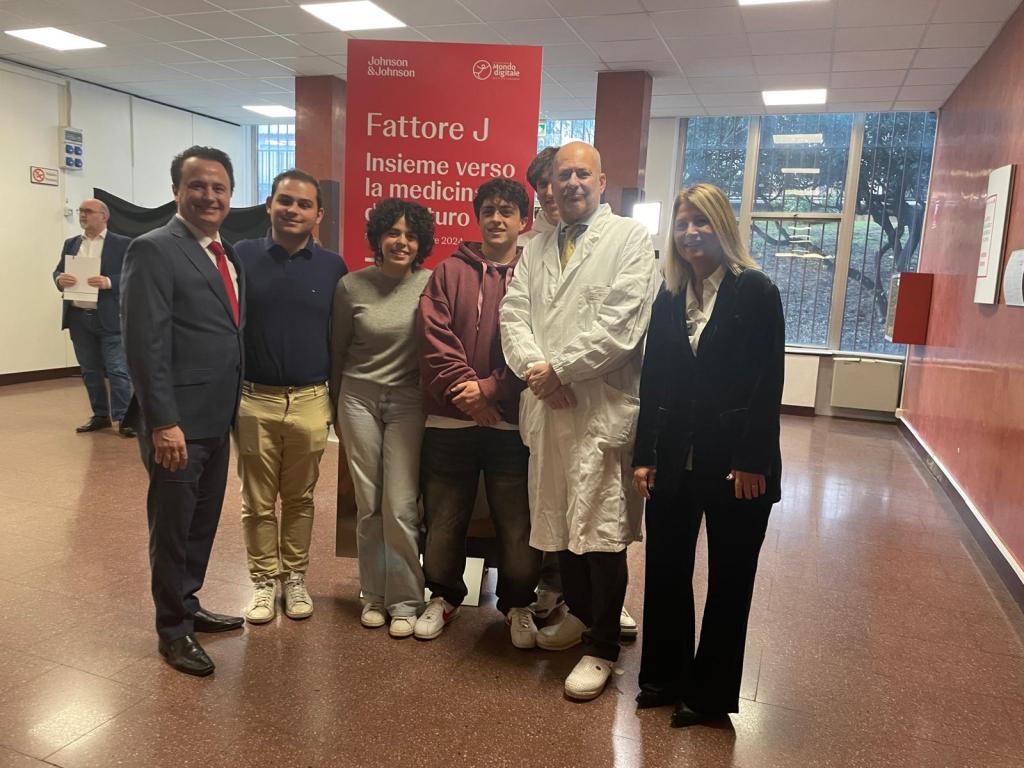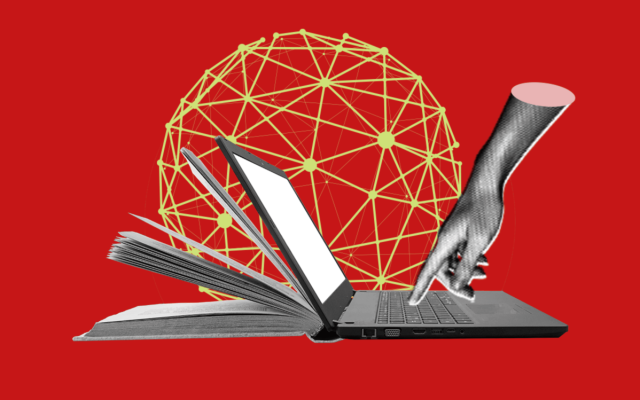With Johnson & Johnson to explain the medicine of the future to youth.
According to Generation Z, scientific research (68%) and medicine (66%) are the sectors that will benefit the most from artificial intelligence (AI). In fact, youth have a strong trust in the use of AI for health, convinced that this technology will have a positive impact on the health of the future, making it more rapid (61%), organised (57%), efficient (50%) and personalised (50%). However, it will be fundamental to preserve human contact in cures (61%), pointing to the need for critical thinking by health professionals to fully integrate new technology (47%). This is the gist of the “Artificial Intelligence: A Resource for Health?” study conducted by SWG for Johnson & Johnson.
Introducing youth to the future of medicine is the objective of the fifth edition of Factor J, a project promoted by Johnson & Johnson Innovative Medicine Italia and the Fondazione Mondo Digitale ETS in scientific collaboration with the National Tumour Institute in Milan, an oncological reference point with great clinical and health achievements.
In this edition, Factor J, which in its previous versions has already involved over 300,000 Italian high school students, will also include local events, organised by some of the main general hospitals in Lombardy, Lazio, Emilia Romagna, and Campania. The meetings will serve as a bridge between students and health sector professionals, introducing students to how research and new technology are transforming the sector. Moreover, Johnson & Johnson employees will be involved in skills volunteering activities and accompany the students on various experiences, such as the visit to the J&J hub in Latina to discover how drugs are produced.
One of the innovations that will have the greatest influence on the future of medicine is artificial intelligence. It is a concept familiar to Generation Z (93%), who believe that it will have a primary role in a more rapid, efficient, and custom-tailored health system. Moreover, human contact will remain indispensable for two young people out of three.
While over half of youth (53%) affirm they know about AI in the health sector, the interest remains high to learn more about the topic (65%). The general attitude is very open in terms of AI and youth declare they are favourable to using it for instantaneous diagnosis (61%) and distance surgery (58%). Moreover, many believe that AI will play a fundamental role in addressing rare diseases (72%) and fighting cancer (67%).
Nonetheless, there still is a minority of sceptics: ca. one out of every three young people thinks that innovations that are already at work are “science fiction.” In fact, 37% of interviewees have doubts that tumours can be identified by the automatised analysis of medical imagery; 33% does not believe in the use of predictive models to identify outbreaks and health developments, and 27% is sceptic about systems that can analyse big sets of clinical and genetic data to identify new therapeutic molecules.

The event for the launch of Factor J at the Milan National Tumour Institute gathered many important institutional and scientific personalities, including:
- Emanuele Monti, President, Welfare Commission and Health Commission, Lombardy Region
- Gustavo Galmozzi, President, Fondazione IRCCS National Tumour Institute in Milan
- Carlo Nicora, Director General, Fondazione IRCCS National Tumour Institute in Milan
- Andrea Ferrari, paediatric oncologist
- Carlo Alfredo Clerici, clinical psychology specialist
- Arsela Prelaj, oncologist, researcher, and coordinator of the Artificial Intelligence Lab, National Tumour Institute
- Mirta Michilli, Director General, Fondazione Mondo Digitale
- Mario Sturion, CEO, Johnson & Johnson Innovative Medicine ltalia
- Giovanni Riccardi, Data Analysis and Artificial Intelligence Director, Johnson & Johnson Innovative Medicine ltalia.
During the event, a dedicated panel with Professors Andrea Ferrari, paediatric oncologist, and Carlo Alfredo Clerici, clinical psychology specialist, discussed their experience with the Progetto Giovani, an initiative dedicated to adolescent patients with cancer, started in 2011 by the Paediatric Oncology War of the Fondazione IRCCS National Tumour Institute in Milan.
Students from the following high schools also participated:
- Jean Monnet - Mariano Comense, Como
- Maserati - Voghera, Pavia
- Istituto Maria Immacolata - Gorgonzola, Milano
- Giovanni Giorgi - Milan
- Schiaparelli-Gramsci - Milan



